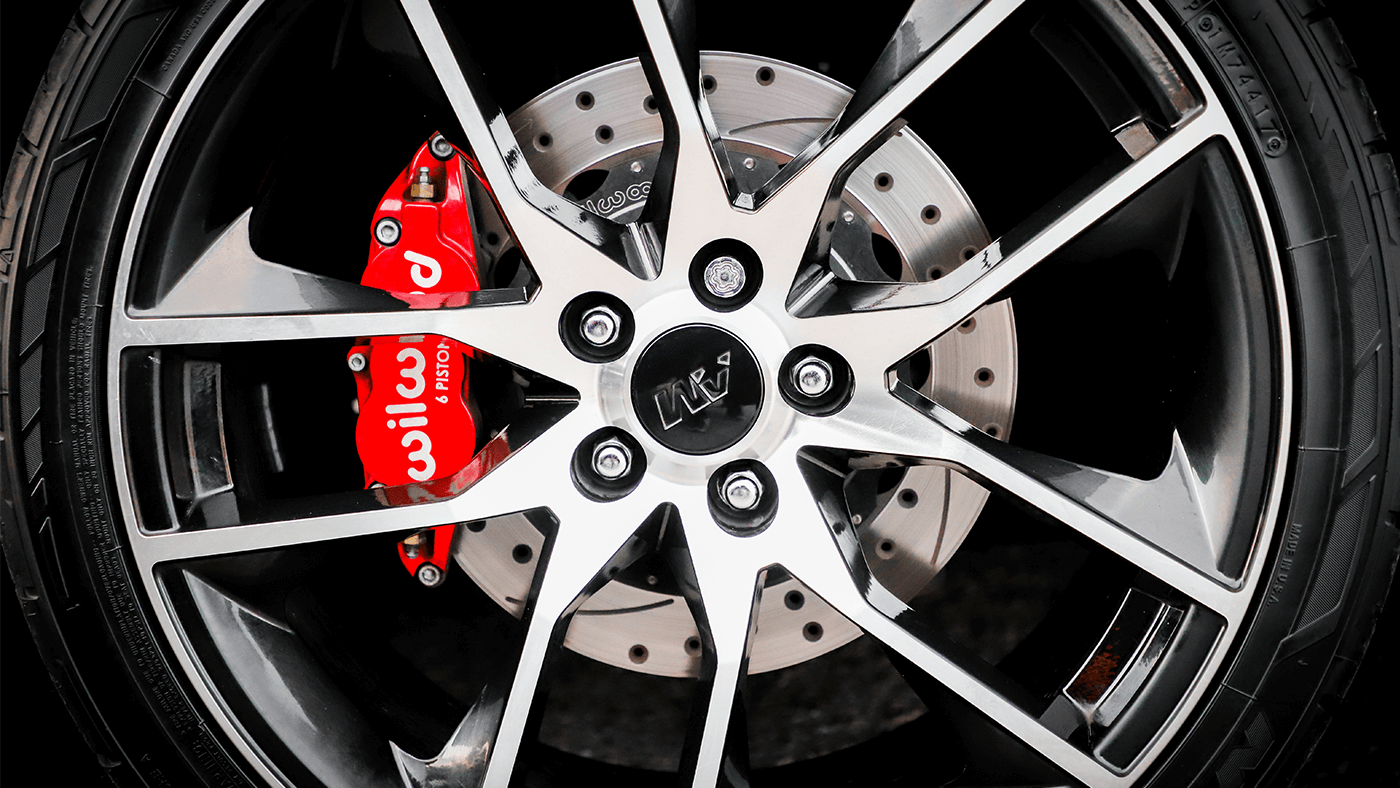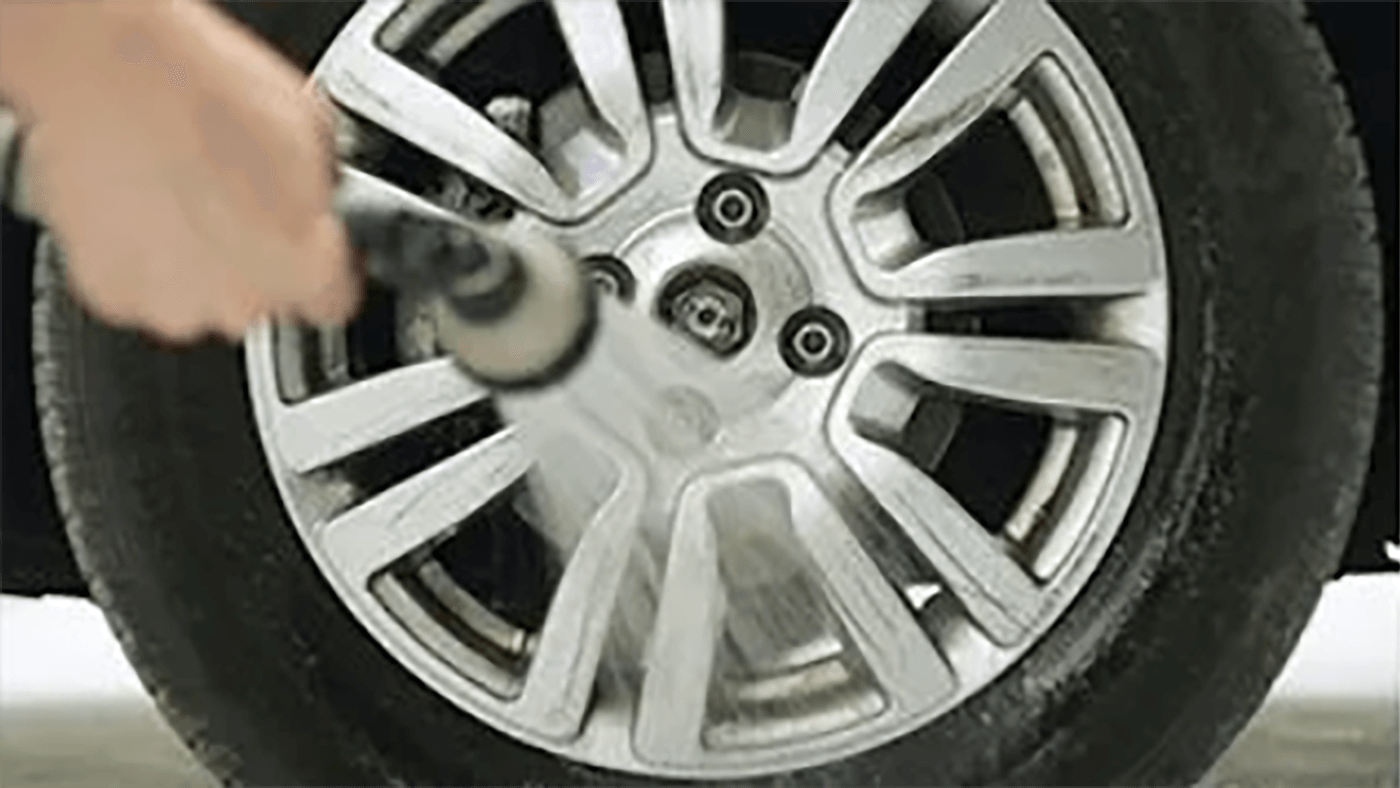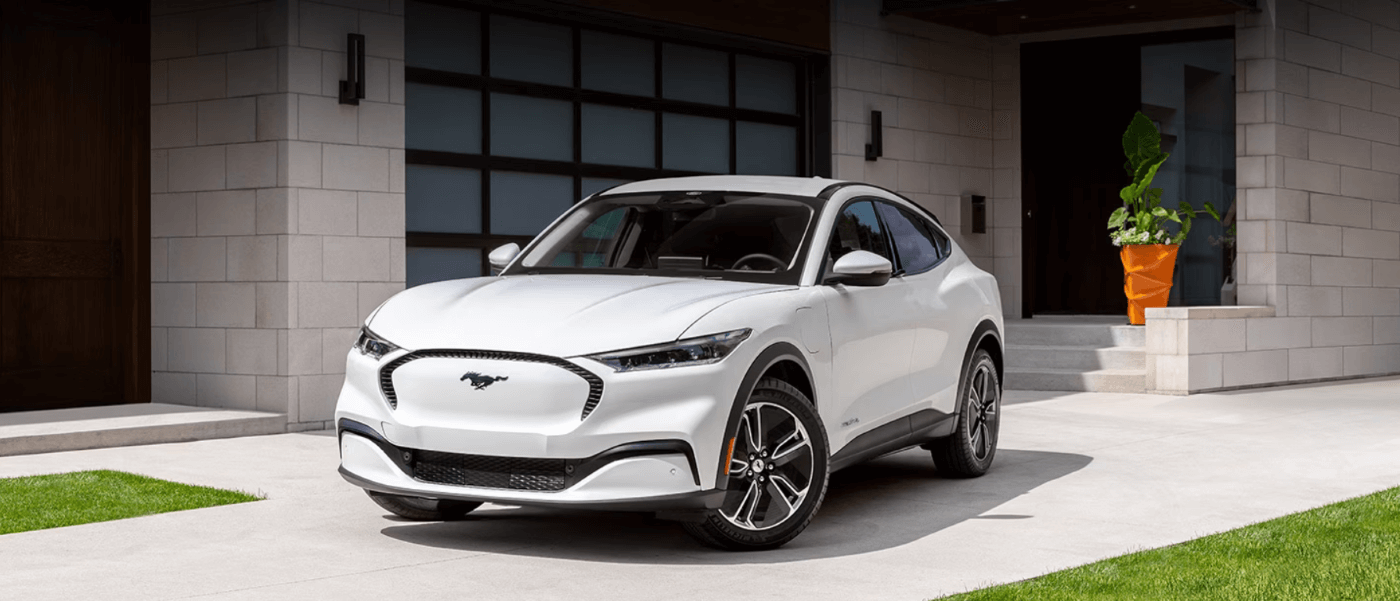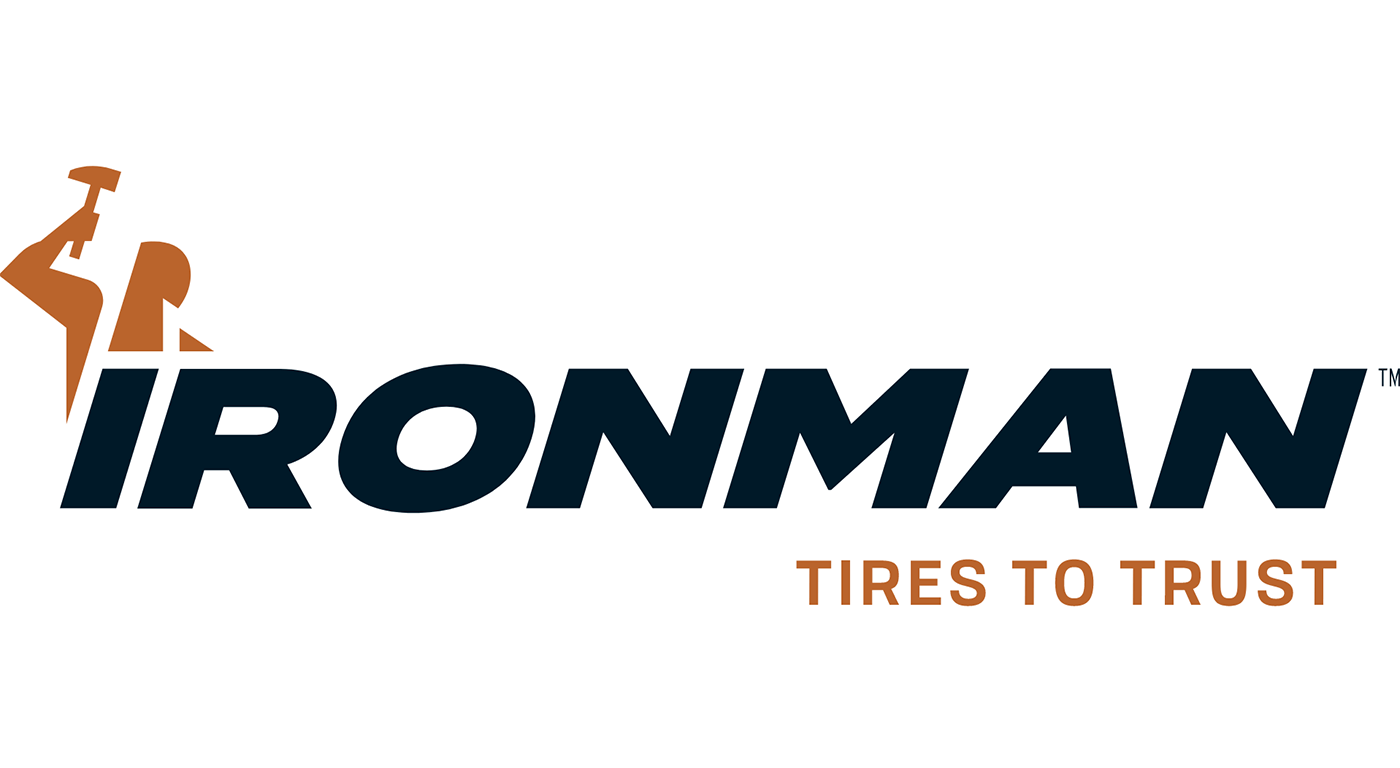On this blog, we often discuss tires and their impact on your driving, but they're not the only thing that can have an effect on braking and acceleration. Often forgotten or considered only for their aesthetics, rims nevertheless play an important role on your journeys. In fact, have you ever noticed that there are three different types of rims on the market, each made from a different material? We rarely think of checking which ones come standard on our vehicles, but as you'll see, it can be worth it!
Steel, the classic
When I think of a rim, this is certainly the kind of model I imagine. After all, sheet-metal rims were the first type to be designed, and are still very common on entry-level vehicles. No wonder! They have virtually all the technical advantages: robust, rigid and long-lasting, they're less expensive and generally last longer. The downside? Their somewhat... industrial look and heavy weight make them less attractive for luxury or sports vehicles, especially in summer.
Elegant aluminum
When it comes to style and weight, aluminum wheels are the way to go. Traditionally reserved for the summer season, they are becoming increasingly popular in winter, thanks to new models capable of compensating for their light weight on slippery roads. On dry pavement, however, they are much more responsive, and often have a more modern or minimalist design. However, even though aluminum is often reinforced with additives such as bauxite, the alloy remains more brittle than steel.
Composite performance
I doubt it's alloy or composite rims that will do the trick on your vehicle, but we've got to talk about them! In fact, it's mainly the very top-of-the-range vehicles, even track vehicles, that are fitted with this type of rim. This is what you'll find on any Formula 1 car and on many racing cars. Constructed from a variety of materials such as carbon and magnesium, each model offers specific advantages to meet different needs. In general, however, this type of rim is particularly light and strong, capable of enhancing a vehicle's performance. Just make sure your budget is sufficient!






